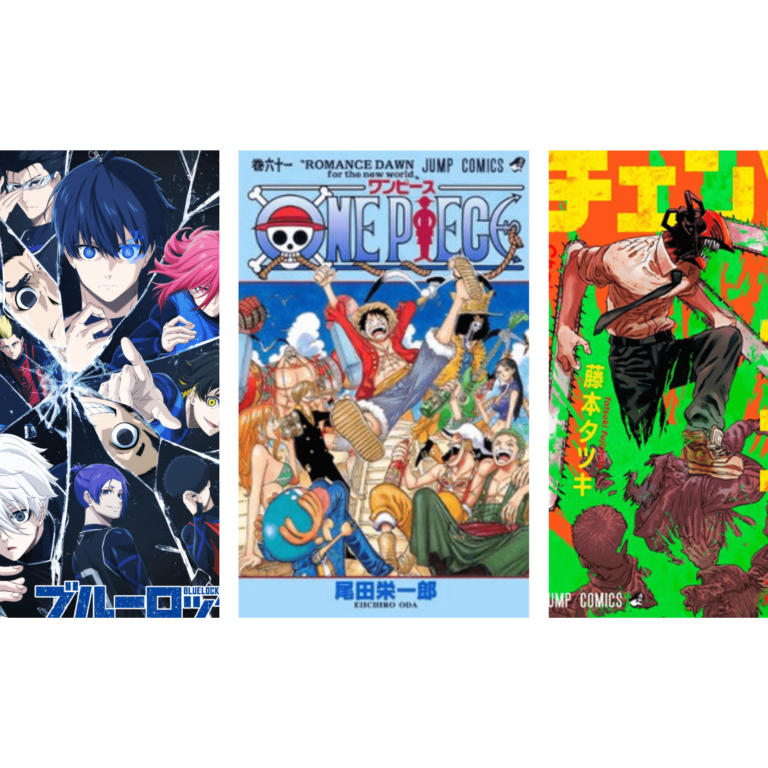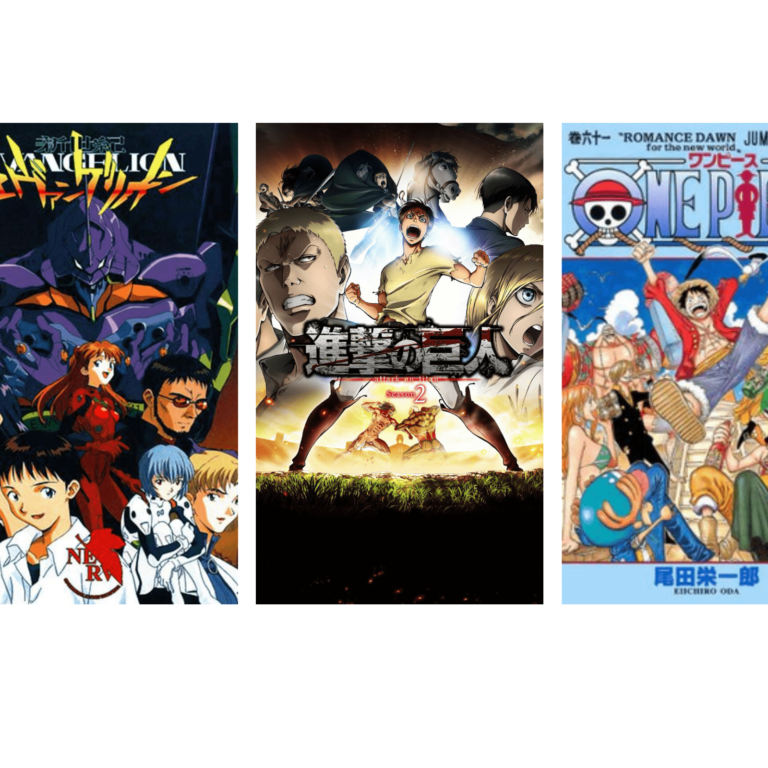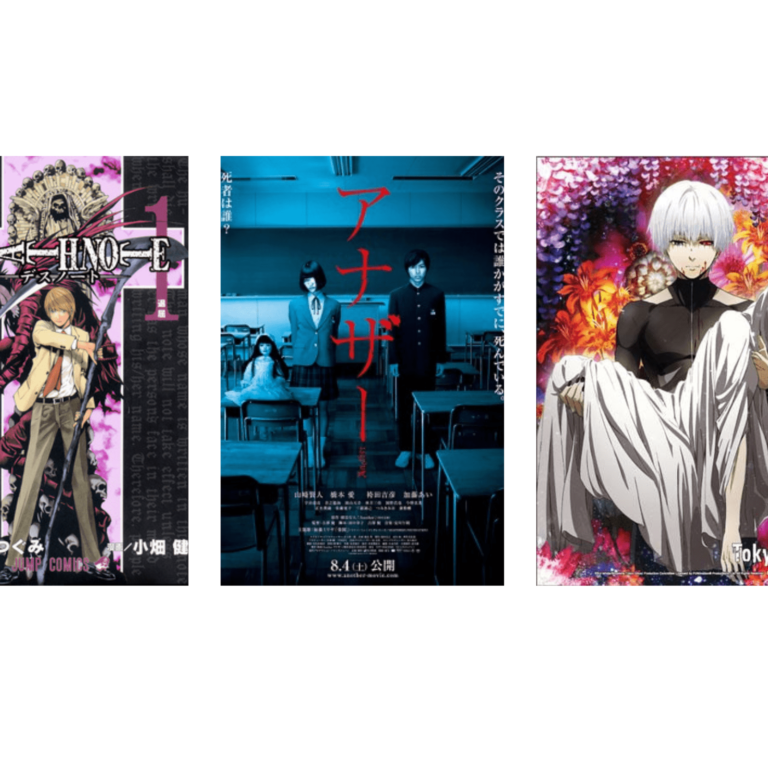From Page to Screen: The Best Anime Adaptations
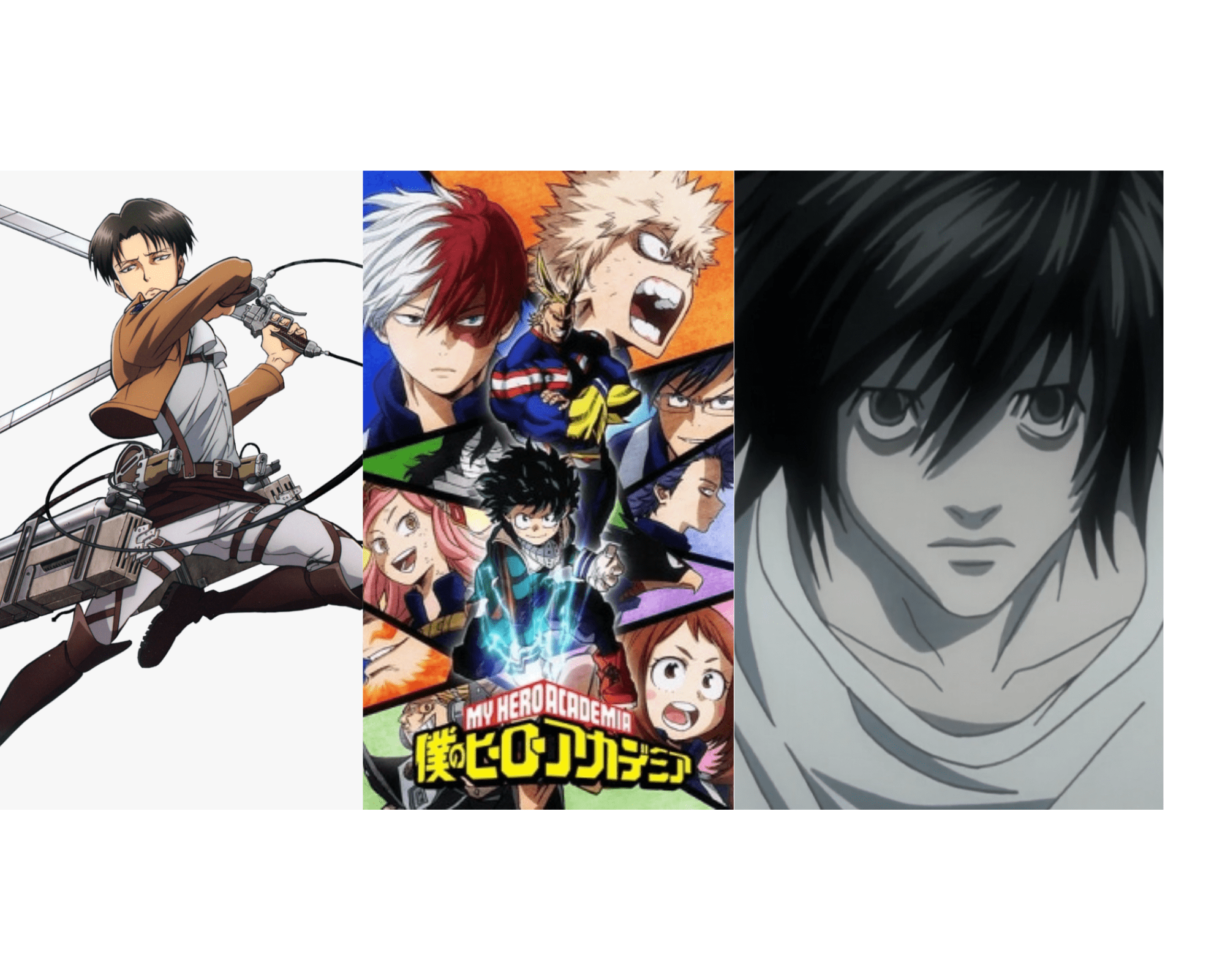
Introduction
Anime adaptations have become a significant part of the entertainment industry, captivating fans with their unique storytelling, vibrant animation, and compelling characters. When a beloved manga or light novel is adapted into an anime series or film, it provides fans with an opportunity to experience their favorite stories in a new and dynamic way. In this article, we will explore some of the best anime adaptations that have successfully transitioned from page to screen, delighting fans worldwide.
Table of Contents
- Introduction
- Understanding Anime Adaptations
- Factors that Make a Good Anime Adaptation
- Popular Anime Adaptations
- Challenges in Anime Adaptations
- Impact of Anime Adaptations on the Industry
- Conclusion
- FAQs
Understanding Anime Adaptations
Anime adaptations refer to the process of transforming a manga, light novel, or other source material into an animated format. These adaptations aim to capture the essence of the original work while utilizing the visual and audio medium to enhance the storytelling experience. A good anime adaptation not only stays true to the source material but also adds its own unique flair, breathing life into the characters and their world.
Factors that Make a Good Anime Adaptation
Creating a successful anime adaptation requires a delicate balance between staying faithful to the source material and making necessary adjustments for the animated format. Several factors contribute to the success of an anime adaptation:
1. Faithfulness to the Source Material
A good anime adaptation respects the core elements of the original work, including its themes, characters, and plot. It strives to faithfully recreate the world and atmosphere established in the source material, ensuring that fans feel a sense of familiarity and connection.
2. Captivating Animation and Art Style
One of the significant advantages of anime adaptations is the opportunity to bring the visual aspects of the story to life. A visually appealing art style, fluid animation, and attention to detail can greatly enhance the audience’s immersion and engagement with the narrative.
3. Strong Voice Acting and Soundtrack
Voice acting plays a vital role in giving life to the characters and conveying their emotions effectively. Additionally, a well-composed soundtrack complements the story, intensifying key moments and evoking the desired emotional responses from the viewers.
4. Narrative Pacing and Adaptation Choices
Adapting a longer manga or light novel series into a limited number of episodes requires careful consideration of pacing and adaptation choices. A well-paced anime adaptation ensures that important story beats are not rushed while maintaining the audience’s interest and anticipation.
Popular Anime Adaptations
Over the years, numerous anime adaptations have garnered immense popularity and critical acclaim. Let’s take a look at some of the best anime adaptations that have left a lasting impact on fans:
1. Attack on Titan
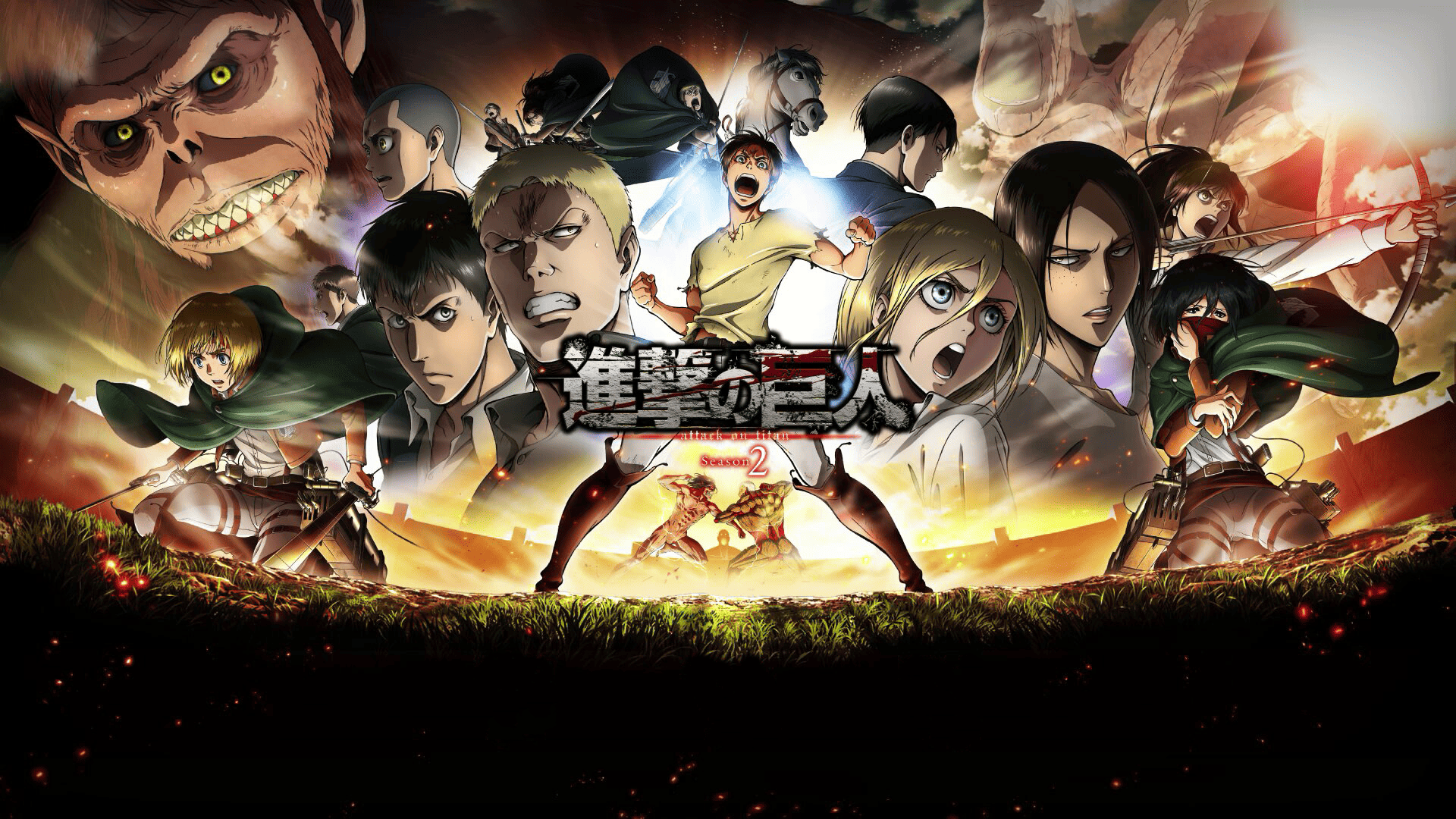
“Attack on Titan” is a thrilling dark fantasy anime adaptation based on the manga by Hajime Isayama. It depicts a world where humanity is on the brink of extinction, facing the relentless onslaught of giant humanoid creatures known as Titans. The anime’s stunning animation, gripping storyline, and complex characters have made it a fan favorite.
2. Fullmetal Alchemist: Brotherhood
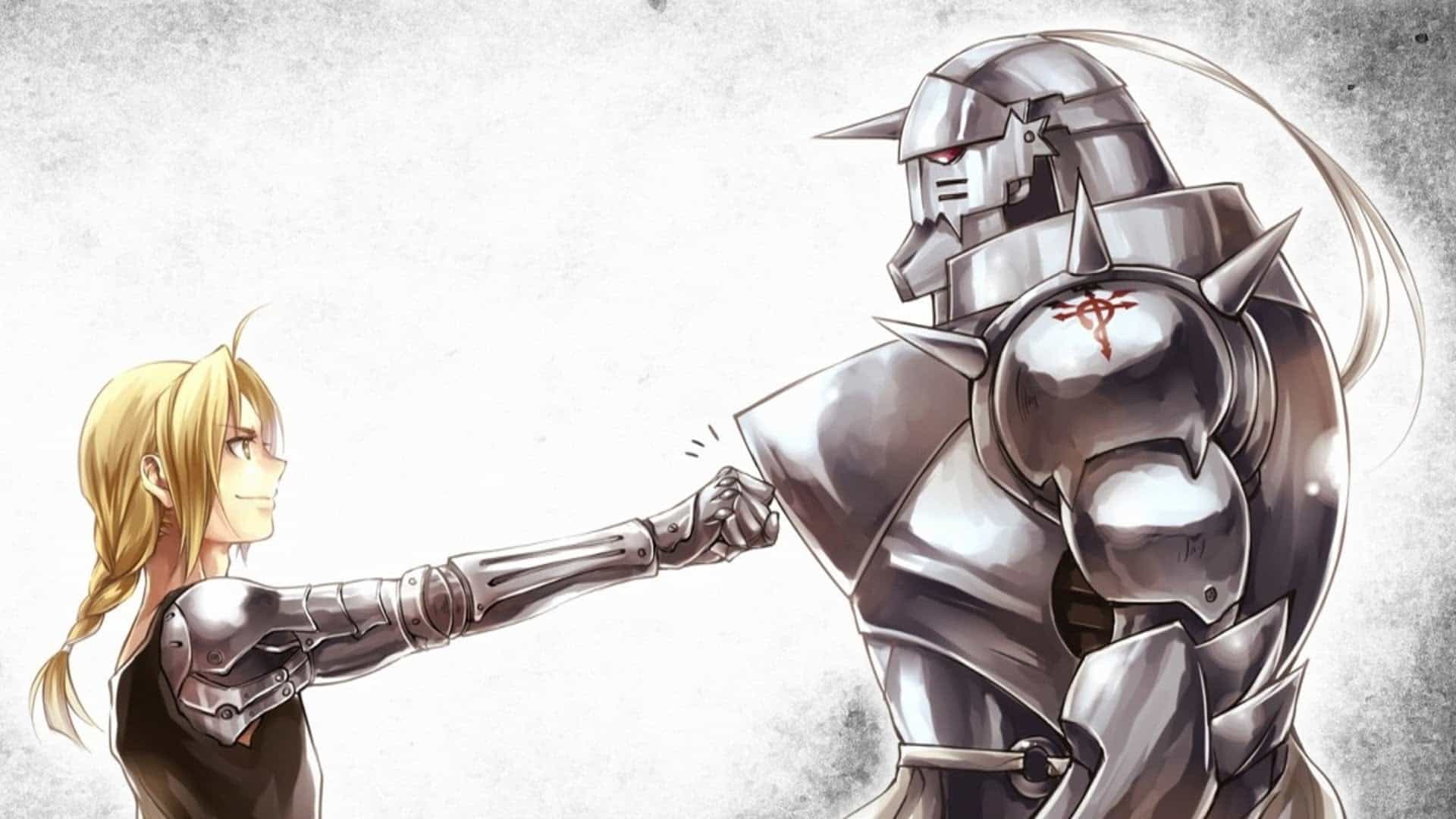
“Fullmetal Alchemist: Brotherhood” is a masterpiece of an anime adaptation that follows the journey of two brothers, Edward and Alphonse Elric, as they search for the Philosopher’s Stone to restore their bodies. The series skillfully combines action, drama, and intricate world-building, staying true to the source material’s emotional depth.
3. Death Note
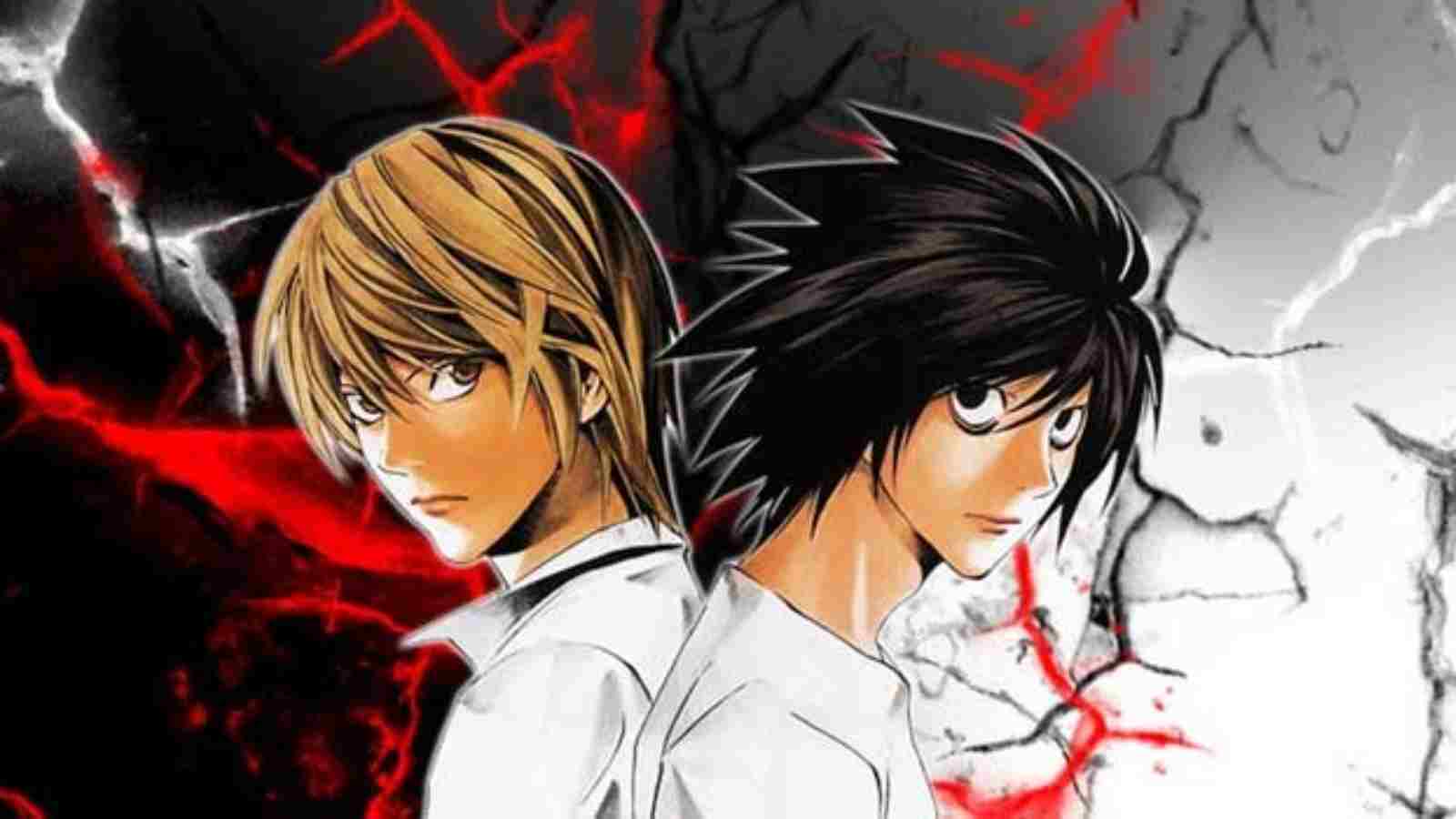
“Death Note” is a psychological thriller anime adaptation based on the manga by Tsugumi Ohba and Takeshi Obata. It revolves around Light Yagami, a high school student who discovers a supernatural notebook that grants him the power to kill anyone whose name he writes in it. With its mind-bending cat-and-mouse game and thought-provoking themes, “Death Note” has captivated audiences worldwide.
4. One Punch Man

“One Punch Man” is a satirical superhero anime adaptation that follows Saitama, a seemingly average man who can defeat any opponent with a single punch. The series cleverly combines humor, intense action sequences, and social commentary, offering a fresh take on the superhero genre.
5. My Hero Academia
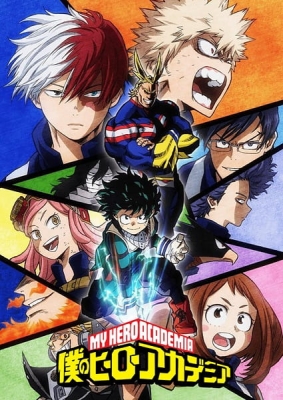
“My Hero Academia” is a popular anime adaptation set in a world where superpowers, known as “Quirks,” are the norm. The story centers around Izuku Midoriya, a young boy who aspires to become a hero despite being initially Quirkless. With its compelling characters, exciting battles, and themes of friendship and heroism, “My Hero Academia” has gained a massive following.
Challenges in Anime Adaptations
While anime adaptations have brought many beloved stories to life, they also face several challenges along the way. Some of these challenges include:
- Time Constraints: Adapting lengthy manga or light novel series into a limited number of episodes often necessitates the omission of certain story arcs or character development.
- Artistic Interpretation: Balancing the original art style with the animation studio’s own visual style can sometimes lead to mixed reactions from fans.
- Filling in Gaps: Anime adaptations sometimes need to fill in gaps or provide additional context to ensure that viewers who haven’t read the source material can fully understand the story.
Impact of Anime Adaptations on the Industry
Anime adaptations have significantly influenced the entertainment industry, both in Japan and internationally. They have attracted a broader audience to the medium and sparked interest in the original source material. Successful anime adaptations have also led to increased merchandise sales, collaborations, and even live-action adaptations.
Conclusion
The journey from page to screen has brought some truly remarkable anime adaptations to life. These adaptations have captivated audiences with their engaging storytelling, stunning visuals, and memorable characters. By staying faithful to the source material while embracing the advantages of the animated format, these adaptations have provided fans with an immersive and enjoyable experience.
FAQs
Q1: Are all anime adaptations faithful to the source material?
Not all anime adaptations are 100% faithful to the source material. While many strive to capture the essence of the original work, certain adaptations may make changes or modifications to suit the animated format or enhance the storytelling experience.
Q2: Can an anime adaptation be better than the original manga or light novel?
While it’s subjective, there have been instances where an anime adaptation has been considered superior to the source material. Some adaptations expand upon the story, improve pacing, or elevate the visual and auditory aspects, resulting in a more impactful viewing experience.
Q3: Do anime adaptations always cover the entire manga or light novel series?
Anime adaptations may not always cover the entire manga or light novel series due to time constraints or the ongoing nature of the source material. This sometimes leads to anime-original endings or cliffhangers that encourage fans to explore the original work.
Q4: What role does fan reception play in the success of an anime adaptation?
Fan reception plays a crucial role in the success of an anime adaptation. Positive feedback and support from fans can contribute to increased viewership, merchandise sales, and the potential for future seasons or spin-offs.
Q5: Are there any upcoming anime adaptations to look forward to?
Yes, the world of anime adaptations is constantly evolving. There are several highly anticipated adaptations in the pipeline, including popular manga titles and light novels that will surely excite fans in the coming months.

